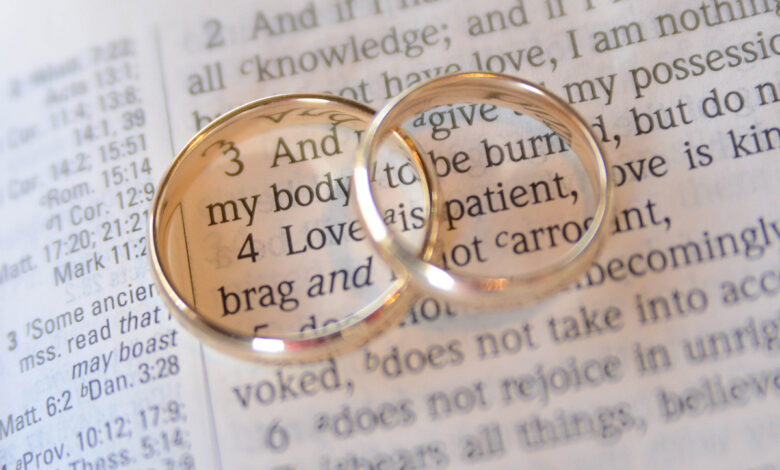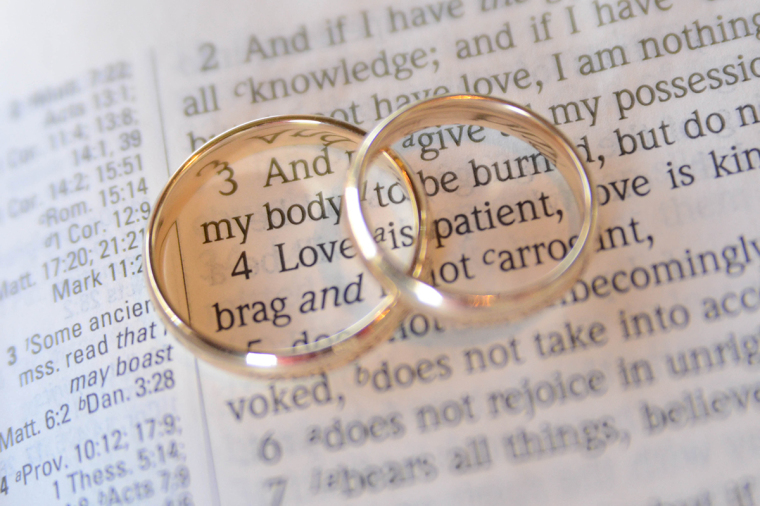Married people most likely to identify as ‘very happy’: report


A new study reveals that married people have consistently been more likely to characterize themselves as “very happy” than non-married people over the course of nearly a half-century, with marital status serving as the most significant determinant of an individual’s level of happiness.
A report titled “The Socio Political Demography of Happiness,” authored by Sam Peltzman of the University of Chicago’s Booth School of Business, examines the trends of the General Social Survey conducted by the NORC at the University of Chicago over the past half-century. The General Social Survey, which dates back to 1972 and has been conducted biennially since 1990, asks respondents, “How would you say things are these days — would you say that you are very happy, pretty happy, or not too happy?”
Peltzman’s report, released July 21, reveals that “marital status is and has been a very important marker for happiness.” He analyzed the responses to the question about happiness in all the various General Social Surveys conducted since 1972, excluding the most recent research conducted in 2020-’21.
Peltzman rescaled the survey answers on a scale of -100 to 100, with -100 representing responses indicating people were “not too happy,” 0 representing responses of those who said they were “pretty happy” and 100 representing declarations that people are “very happy.” According to Peltzman’s interpretation of the data, married people have consistently scored 30 points higher on the happiness scale than their non-married counterparts over time.
“No subsequent population categorization will yield so large a difference in happiness across so many people,” he wrote. Peltzman added that “low happiness characterizes all types of non-married,” referring to widowed, divorced, separated and never married respondents.
At the beginning of the report, Peltzman noted the existence of a “happiness landslide,” where the average share of the U.S. population identifying as “very happy” outnumbers the percentage of those who characterize themselves as “not too happy” by a roughly 70-30% margin. Reflecting on the differences in reported levels of happiness between married and non-married respondents over the years, Peltzman concluded that “the happiness landslide comes entirely from the married.”
Highlighting the slight “downturn in overall happiness since 2000,” Peltzman asserted that “the connection between these trends comes from the recent decline in marriage.” Specifically, overall happiness averaged 23.7 in the years prior to 2000, while dropping to 19.7 in the time period after 2000. He cited the drop in the share of the population identifying as “very happy” as consistent with a 9.9 percentage point decline in the marriage rate after 2000 compared to before the turn of the millennium.
An analysis of conditional differences over the years, namely “differences [in happiness] within particular groups holding other differences constant,” illustrates how the difference in reported levels of happiness based on marital status exceeds the differences in happiness measured between groups categorized based on other demographic factors. While married people were on average 23.82 points happier than the non-married from 1972-2018, whites were on average 10.79 points happier than blacks in the same time period.
Additionally, college graduates were happier than high school graduates by 5.87 points, females were happier than males by 4.04 points, high school graduates were 3.12 points happier than high school dropouts, Americans over the age of 45 were 2.86 points happier than their younger counterparts, respondents with “some college” were 1.87 points happier than college graduates, and those living in large cities were 2.87 points less happy than those living in other places.
In addition to marital status, Peltzman’s report also revealed a relationship between an individual’s political ideology and their level of happiness. While the General Social Survey asks respondents to rate themselves on a 7-point left-right scale, Peltzman placed respondents into the categories of conservative, moderate and liberal. “Conservatives are around 9 points happier than liberals and 7 points happier than moderates,” he explained.
Ryan Foley is a reporter for The Christian Post. He can be reached at: [email protected]
Free Religious Freedom Updates
Join thousands of others to get the FREEDOM POST newsletter for free, sent twice a week from The Christian Post.




